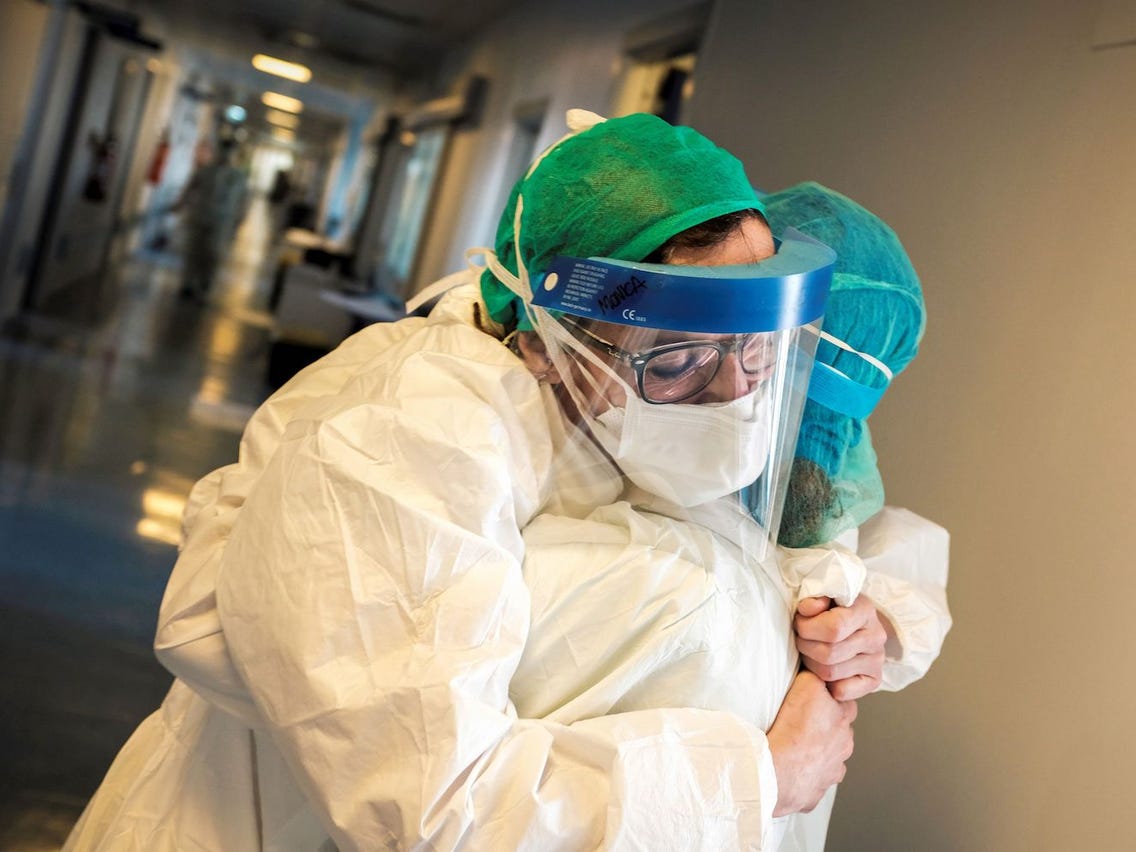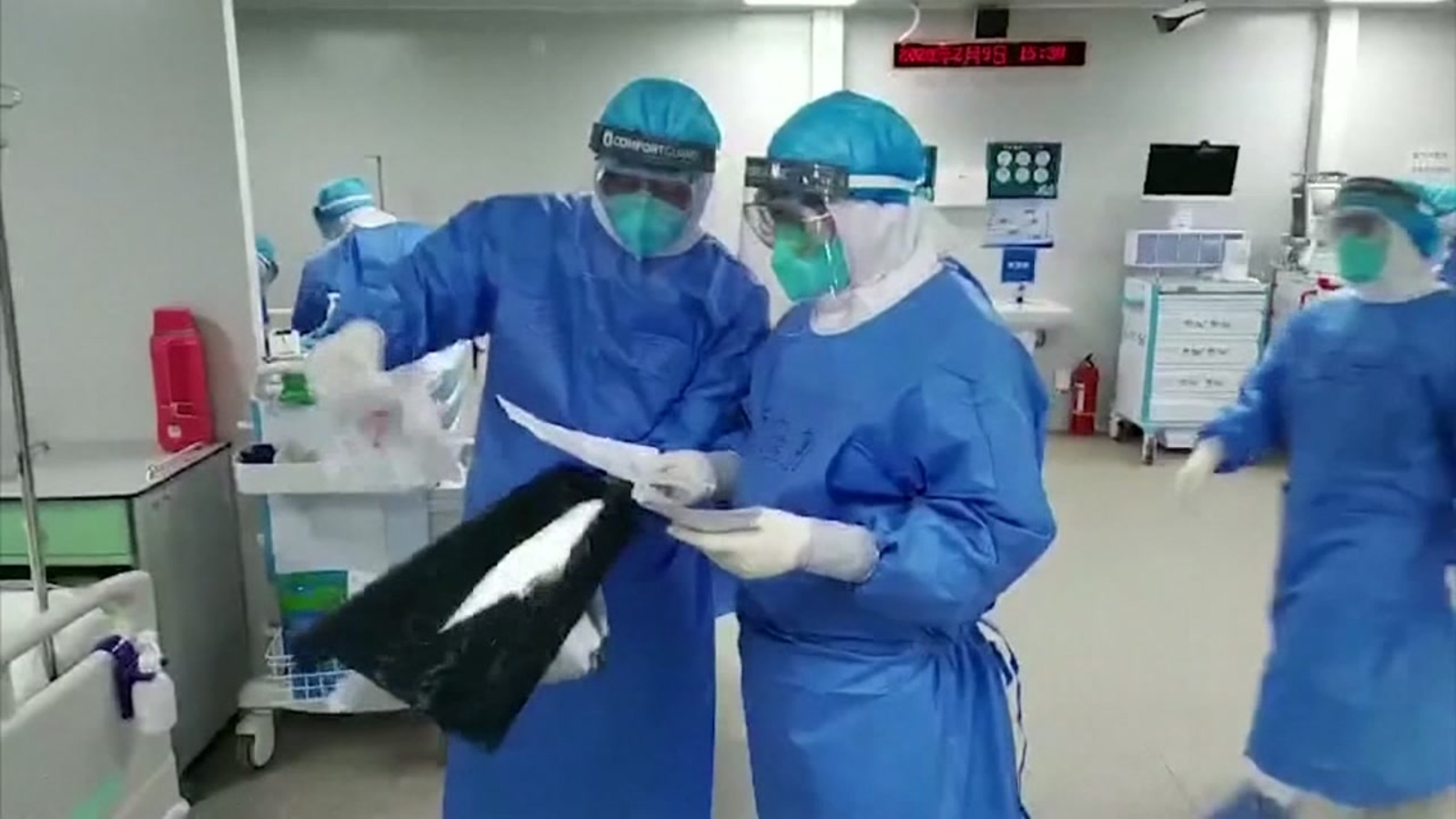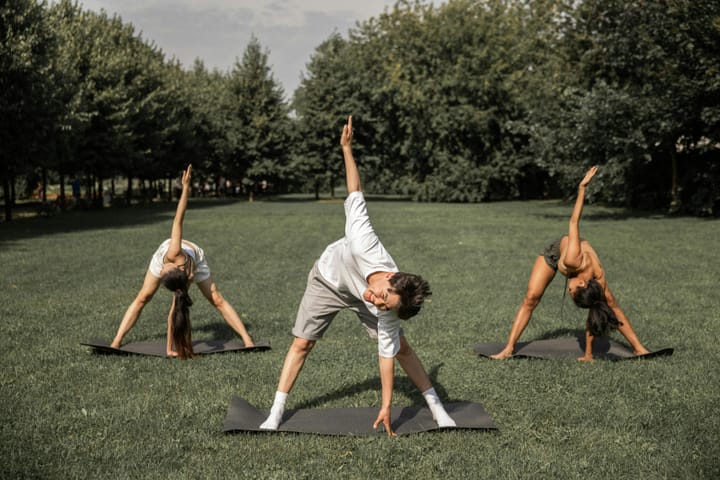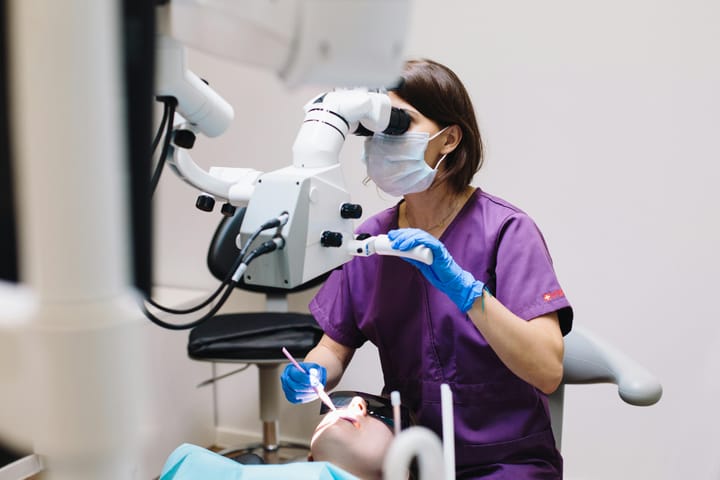Healthcare workers during COVID-19 crisis face a choice: lose their job or risk infection

A few minutes every morning is all you need.
Stay up to date on the world's Headlines and Human Stories. It's fun, it's factual, it's fluff-free.
As the fight against the coronavirus went global, reports of doctors and nurses becoming ill rapidly surfaced in nearly every corner of the globe.
And it’s not over. Many healthcare workers on the frontlines of the crisis still worry about becoming infected.
According to Italy’s National Institute of Health, nearly 17,000 health workers in the country are believed to have been infected with COVID-19. Another medical institution in Italy claims 125 heath workers have died from it.
In one hospital in Mumbai, India, 36 nurses recently tested positive for the virus, while in the Philippines at least 700 healthcare workers have been infected thus far.
In the United States, a report from the Centers for Disease Control and Prevention claims that 9,000 healthcare workers have contracted COVID-19, in what some suspect to be a gross undercounting of the actual total due to a lack of testing.
The reason healthcare workers are contracting the virus at such alarmingly high rates is almost certainly due to a lack of protective equipment, including masks, eye protection and gowns, coupled with close contact with infected patients, which is virtually impossible to avoid in their profession.

Crucially, even with protective equipment there is still a chance the virus can spread depending on the circumstance, especially if stringent safety and disinfection precautions aren’t uniformly followed.
Duty vs heath
Many healthcare workers are conflicted between their duty to uphold the hippocratic oath when it comes to treating sick patients over their concerns that they are playing Russian roulette with their lives and the lives of their family members.
Some have deemed the risks too great.
“None of the nurses are wearing masks, not even surgical masks in the hallways when they’re giving reports to each other,” reports Imaris Vera, a trauma nurse from Chicago, in a video after she decided to quit her job.
Vera’s manager would reportedly not even allow her to wear a mask she brought to work on her own.
“I had my own N95 mask, I told my manager ‘I understand we’re short on supplies but let me protect myself, let me feel safe, I have family that I have to come home to’.”
Other healthcare workers have made the difficult decision to continue treating patients despite their concerns.
Shelly Hughes, a nursing-home aide in Washington State, reported the difficulty of trying to treat her patients while straining to keep herself and her family healthy during the outbreak amid equipment shortages and poor pay.
“It is physically demanding, and it’s emotionally taxing,” Hughes said. When her husband sees her off to work, it’s “like he’s sending me off to war or something,” she added.
Fired after speaking out
For some on the frontline, pushing back against dangerous work standards has led to firings.
“I was always taught that you stand up for what is right, and that’s what I did,” argued Maria Gray, a nurse from Missouri who was let go after reportedly demanding extra protection on two consecutive shifts. “I felt like, this isn’t right. They are putting my life at risk. They are putting other nurses’ lives at risk. They are putting patients at risk.”
Similar stories are emerging across the US.
In Bellingham, Washington, a coastal city close to the Canadian border, Dr. Ming Lin took his concerns over a lack of protective equipment to his superiors. When that didn’t work, he turned to social media. According to reports, he was subsequently fired.
“Morally, when you see something wrong, I think you have to speak out,” he argued in a video posted on YouTube.
Some hospitals are enforcing a strict policy and not allowing their employees to talk to the media without first getting approval from their public relations department, while others are encouraging their health workers to get the message out that a lack of equipment is hurting their ability to take care of patients.
“It’s so important that everyone understands how bad this is going to get,” argues Nisha Mehta, a radiologist from North Carolina who runs two Facebook groups for physicians. “The public needs to hear these stories and other physicians need to hear them to be warned against what’s coming.”
Protection is possible
Singapore has been praised for its efforts to protect healthcare workers. Of the 8,000 COVID-19 cases and 11 deaths the country has seen, only a handful are reported to be healthcare personnel.
The Annals of Internal Medicine, an academic medical journal, reported that 41 healthcare workers in Singapore were potentially exposed to the virus when a patient was being intubated, a procedure that involves inserting a tube into the patient’s trachea to help them breathe.
No workers ended up getting the virus, however, which the journal notes is likely due to their use of protective equipment.
“That none of the health care workers in this situation acquired infection suggests that surgical masks, hand hygiene, and other standard procedures protected them from being infected,” the report concluded.
[article_ad]
Have a tip or story? Get in touch with our reporters here!
Sign up for daily news briefs from The Millennial Source here!




Comments ()